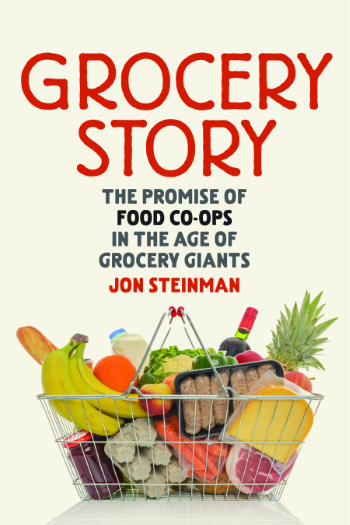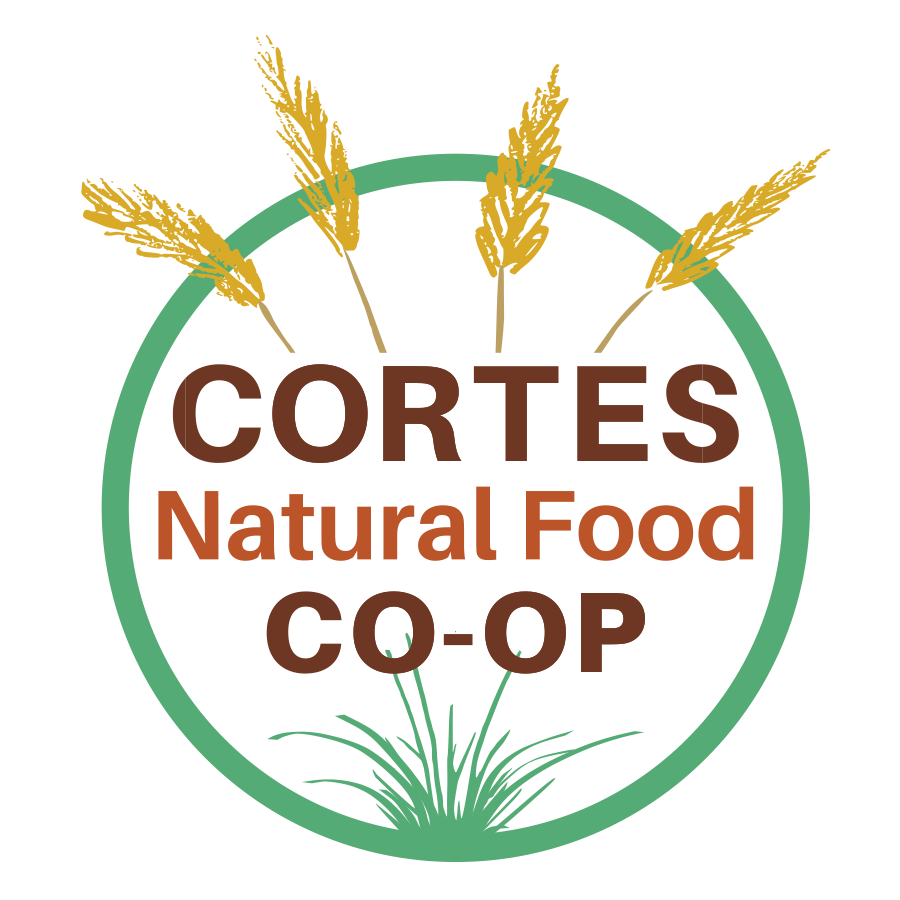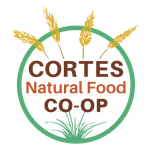We loved this interview with Jon Steinman, author of Grocery Story – The Promise of Food Co-ops in the Age of Grocery Giants. He will be swinging by Cortes in September on his book tour. Here are some of our favourite excerpts.
It’s like the famous quote from Margaret Mead – “Never doubt that a small group of thoughtful, committed citizens can change the world; indeed, it’s the only thing that ever has”. This is the history of food co-ops – always having been on the cusp of ‘what’s possible’. The dominant grocers on the other hand are not all that thoughtful – it’s not really the business they’re in. They’re really really good at influencing (or more accurately ‘coercing’) consumer demand, supplying that demand, and doing it at the lowest possible cost and the lowest price. They’re also highly ‘committed’ – committed to the bottom line and satisfying their shareholders through the maximization of profits.
Thankfully, ‘thoughtful’ is an intoxicating trait – it’s the mind hearing what the heart has to say. And the voice of the heart put into action is powerful – so powerful that for every step food co-ops and their suppliers take toward more conscientious food systems, the hearts and minds of all eaters transform with it. This shifting consciousness and the resulting changes in consumer expectations are loud enough that the grocery giants can’t ignore it. There’s much to celebrate when the largest grocers stock more and more shelves with organic food or when they commit to doing away with eggs from caged hens. No question, the work of food co-ops has been pivotal in these systemic changes within the dominant food system. Our co-op here in Nelson is well aware that folks from nearby grocery giant Save-On-Foods visit our store regularly to see what we’re up to. It’s fascinating to watch how the chain stores try to learn from food co-ops. Particularly because they often seem to trip over themselves quite regularly. They may very well be improving their product offerings, but their actions may also be harming the very intentions that the original idea had set out to achieve. As an example, when a chain grocer markets a product from 700 km away as “local”, they’re undermining the actual local foodmakers who are producing the same product. The ability of truly local foodmakers to market their product as “local” carries far less value when the chains push heavily to expand the ‘local’ definition.This is what I communicate extensively in the book. It’s a really important distinction that sets food co-ops apart from all other grocers. Food co-ops genuinely value their local suppliers. It’s why the Kootenay Co-op refers to all local products as “True Local”. It’s why being or becoming a member-owner of a food co-op is so important. We can’t possibly keep sustaining all the mistakes and injuries that the dominant grocers may inflict through careless rushing and tripping towards a pot of gold. Shopping at food co-ops brings our food purchases into integrity.


